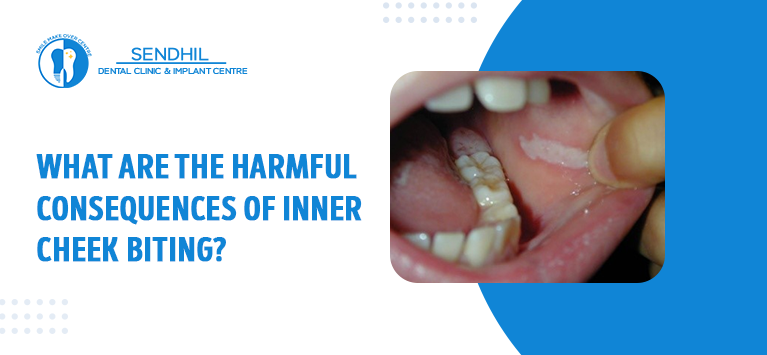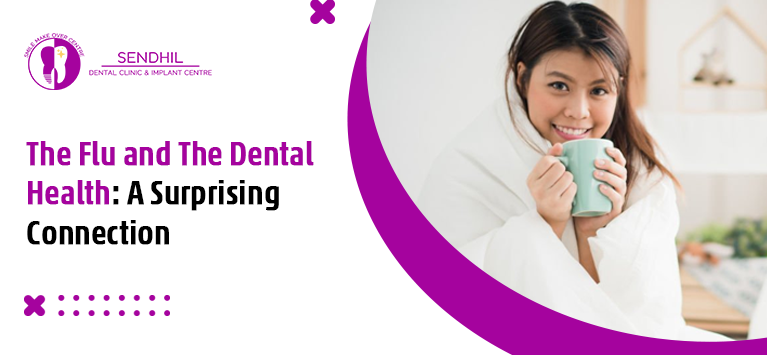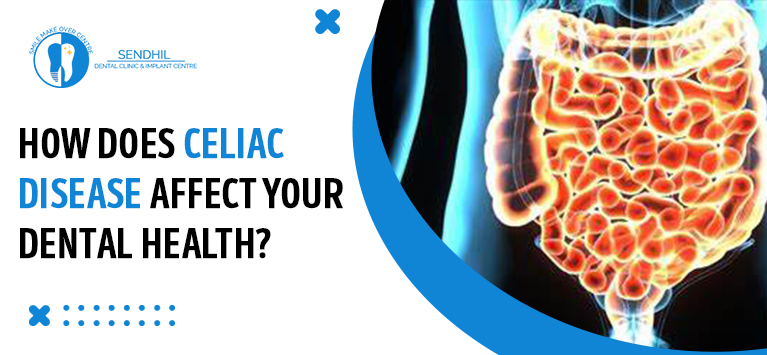
Should You Use Mouthwash Before or After Brushing?
Maintaining good oral hygiene seems simple: brush twice a day, floss regularly, and use mouthwash. But many people still get confused about when to use mouthwash, before or after brushing. Some rinse first, thinking it loosens plaque; others rinse last to feel fresher. With so much mixed advice online, it’s no surprise you’re looking for the correct and dentist-recommended answer.
In this detailed and easy-to-understand guide, we will explore whether it is best to use mouthwash before or after brushing, how each option affects your oral health, and what dentists really recommend for everyday use. By the end of this blog, you’ll know the right routine for fresh breath, healthy gums, and strong teeth.
Table of Contents
Why Mouthwash Matters in Your Daily Oral Care Routine
Before deciding whether to use mouthwash before or after brushing, it’s important to understand what mouthwash actually does. Mouthwash is more than just a breath freshener. Depending on its ingredients, it can help:
- Reduce bacteria that cause bad breath
- Control plaque build-up
- Strengthen teeth with fluoride
- Reduce gum inflammation
- Prevent cavities
- Moisturize a dry mouth
- Fight early gum disease
Mouthwash works best when used correctly and consistently. But your mouthwash benefits can change depending on when you use it — before or after brushing.
Understanding the Different Types of Mouthwash
To choose the right routine, you must know what type of mouthwash you are using. Each type has a different purpose.
1. Cosmetic mouthwash
- Only freshens breath
- Does not provide long-term oral health benefits
- Often alcohol-based
- Good for quick freshness but not enough on its own
2. Therapeutic (medicated) mouthwash
This is dentist-recommended and helps treat real oral problems. It may include ingredients such as:
- Chlorhexidine for gum infections
- Fluoride for cavity protection
- Essential oils for plaque control
- Antiseptics to kill harmful bacteria
Therapeutic mouthwashes are more effective when used at the correct time.
Is It Better to Use Mouthwash Before or After Brushing?
This is the main question most people ask, and the honest answer is:
It depends on the type of mouthwash you are using.
Both have benefits, but they work differently depending on the order.
Let’s break it down.
Using Mouthwash BEFORE Brushing
Some people prefer using mouthwash before brushing. This can be beneficial if used the right way.
Benefits of using mouthwash before brushing
- Loosens food particles and plaque
This makes brushing easier and more effective. - Reduces harmful bacteria before brushing
Mouthwash kills some bacteria instantly. - Helps people with strong morning breath
If you wake up with a dry mouth or strong odor, rinsing first helps. - Prepares your teeth for brushing
A clean, fresh base helps you brush better.
Who should use mouthwash before brushing?
- People with bad breath issues
- People who feel nausea while brushing in the morning
- People who want to reduce bacteria before brushing
The downside of using mouthwash before brushing
- If the mouthwash contains fluoride, brushing afterwards may remove it.
- Some ingredients may lose their effectiveness because they are washed away too soon.
Using mouthwash before brushing can be helpful, but it does not give as many long-lasting benefits as using it after brushing.
Using Mouthwash AFTER Brushing
Dentists widely recommend using mouthwash after brushing, especially if your mouthwash contains fluoride.
Why?
Because brushing with toothpaste cleans the teeth, and mouthwash adds a protective layer afterward.
Benefits of using mouthwash after brushing
- Strengthens tooth enamel when fluoride mouthwash is used
Fluoride strengthens your teeth, prevents decay, and repairs early enamel damage. - Provides long-lasting protection
Using mouthwash after brushing leaves the active ingredients undisturbed for hours. - Reaches areas your toothbrush cannot
Mouthwash goes in between teeth and under the gumline. - Keeps gums healthy
Helps reduce redness, swelling, and bleeding of gums. - Fresher breath that lasts longer
The freshness stays because the mouth is already clean. - Helps fight cavities more effectively
When left on the teeth, fluoride works longer and stronger.
Who should use mouthwash after brushing?
- People prone to cavities
- People with sensitive teeth
- People with gum disease or bleeding gums
- People using fluoride mouthwash
- Anyone wanting long-lasting freshness and protection
The main downside
- If you rinse immediately after brushing with water and then mouthwash, it may reduce the effect of fluoride toothpaste.
So dentists recommend: Do not rinse your mouth with water after brushing. Use mouthwash directly.
The Correct Dentist-Recommended Routine (Most Effective)
To get maximum protection:
Brush → Spit → Use Mouthwash
Do not rinse with water after brushing.
Why?
Because toothpaste has a higher concentration of fluoride than mouthwash.
If you rinse with water first, you wash away the fluoride from your teeth.
Using mouthwash immediately after brushing keeps some fluoride on your teeth and adds more protection.
This method:
- Strengthens enamel
- Prevents cavities
- Protects against sensitivity
- Keeps mouth fresh for long
When Should You NOT Use Mouthwash After Brushing?
There are a few exceptions.
1. If your dentist has prescribed a medicated mouthwash like chlorhexidine
This should usually be used at a different time (not right after brushing) unless your dentist advises otherwise.
2. If you have extremely sensitive gums
Some mouthwashes may sting right after brushing.
3. If you are using alcohol-based mouthwash
Using it after brushing may cause burning or dryness.
Always check with your dentist for the best timing based on your mouth condition.
Morning vs Night: When to Use Mouthwash?
Morning
Using mouthwash in the morning gives instant freshness, reduces bad breath, and prepares the mouth for the day.
Night
Nighttime use is the most beneficial because:
- Saliva production decreases while sleeping
- Bacteria multiply faster
- Mouthwash gives overnight protection
Dentists say:
If you use mouthwash only once a day, use it at night.
How to Choose the Right Mouthwash for Your Needs
Choosing the right mouthwash depends on your oral health condition:
For cavities
Use fluoride mouthwash.
For gum infections
Use chlorhexidine or antiseptic mouthwash (only under dentist guidance).
For bad breath
Choose essential oil-based, alcohol-free mouthwash.
For dry mouth
Choose alcohol-free moisturizing mouthwash with xylitol.
For sensitivity
Look for mouthwash with potassium nitrate or fluoride.
Final Answer: Mouthwash Before or After Brushing?
Here is the clear conclusion:
For best everyday oral health — use mouthwash AFTER brushing.
This gives stronger cavity protection, healthier gums, and fresher breath.
Use mouthwash BEFORE brushing only if you prefer it or if recommended for specific conditions.
Do not rinse with water after brushing. Use mouthwash directly.
By using mouthwash correctly, you protect your teeth for the long run and keep your breath fresh all day.
Using mouthwash is an important part of maintaining healthy teeth and gums. But using it correctly makes a big difference. Whether you use mouthwash before or after brushing, the key is to follow a routine that supports your oral health needs.
For most people, using mouthwash after brushing is the best choice. It allows fluoride to stay on your teeth, reduces bacteria more effectively, freshens breath longer, and strengthens the enamel.
Choose the right mouthwash, follow a consistent routine, and visit your dentist regularly — that’s the real secret to a healthy, confident smile.



















